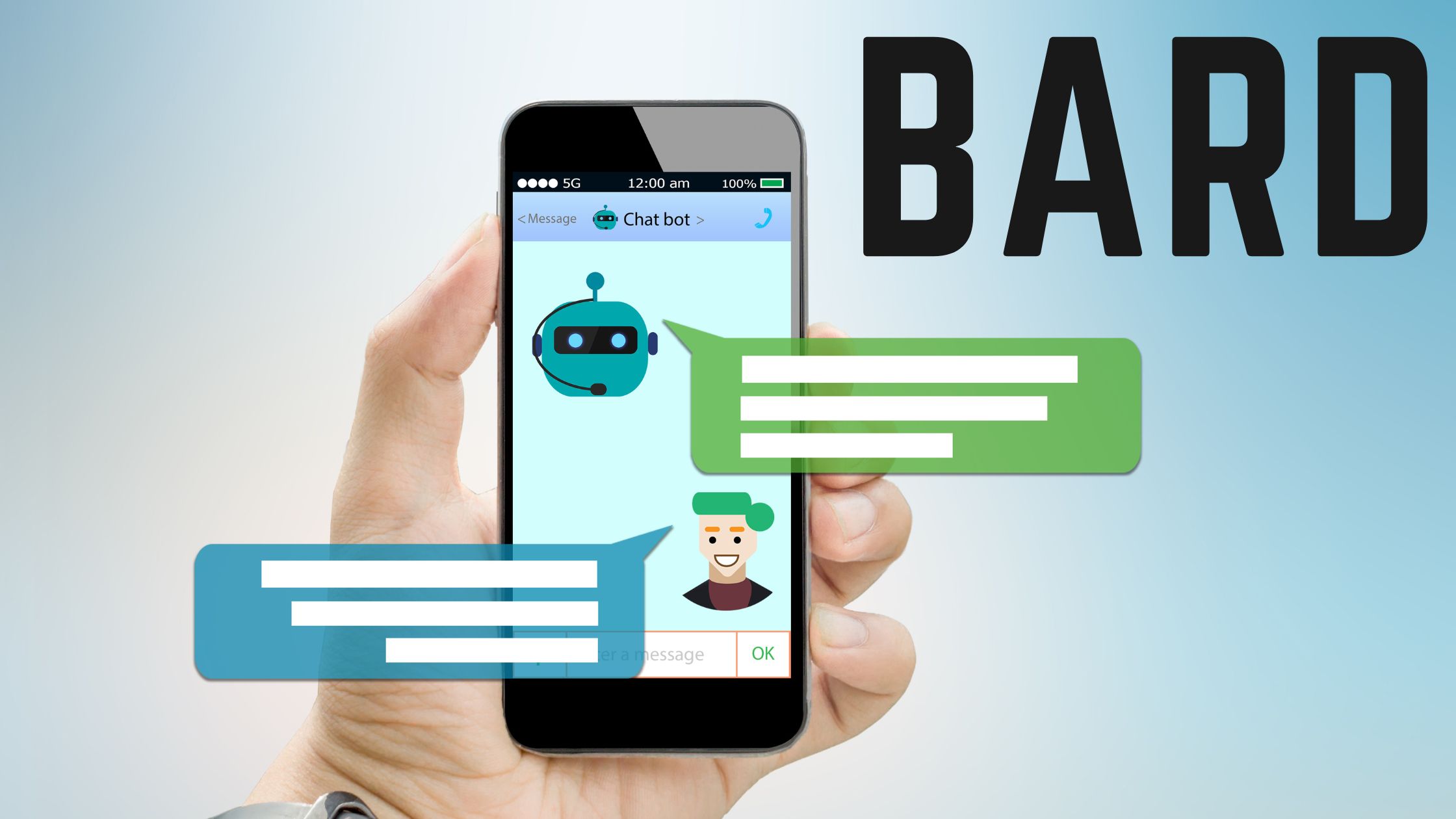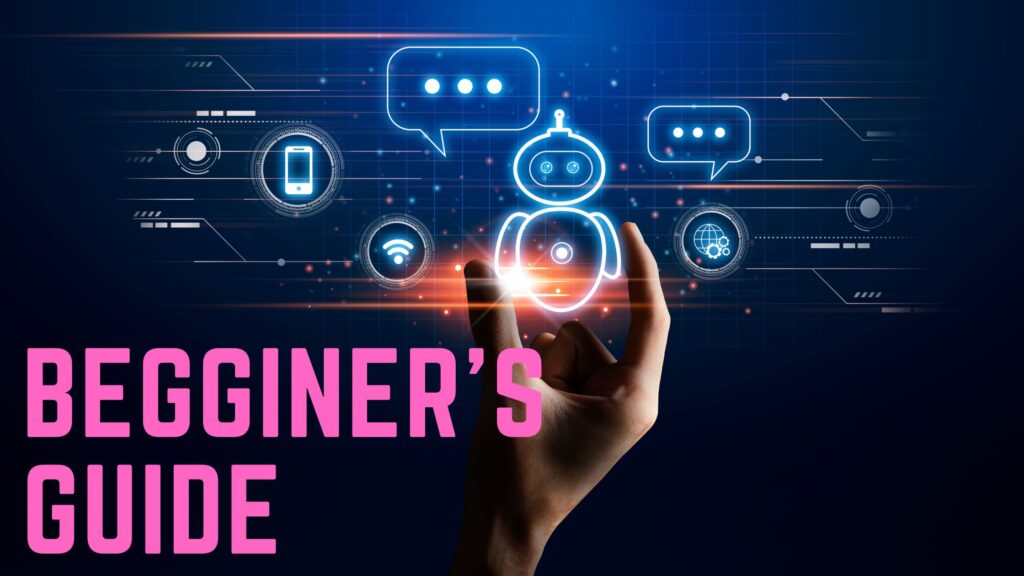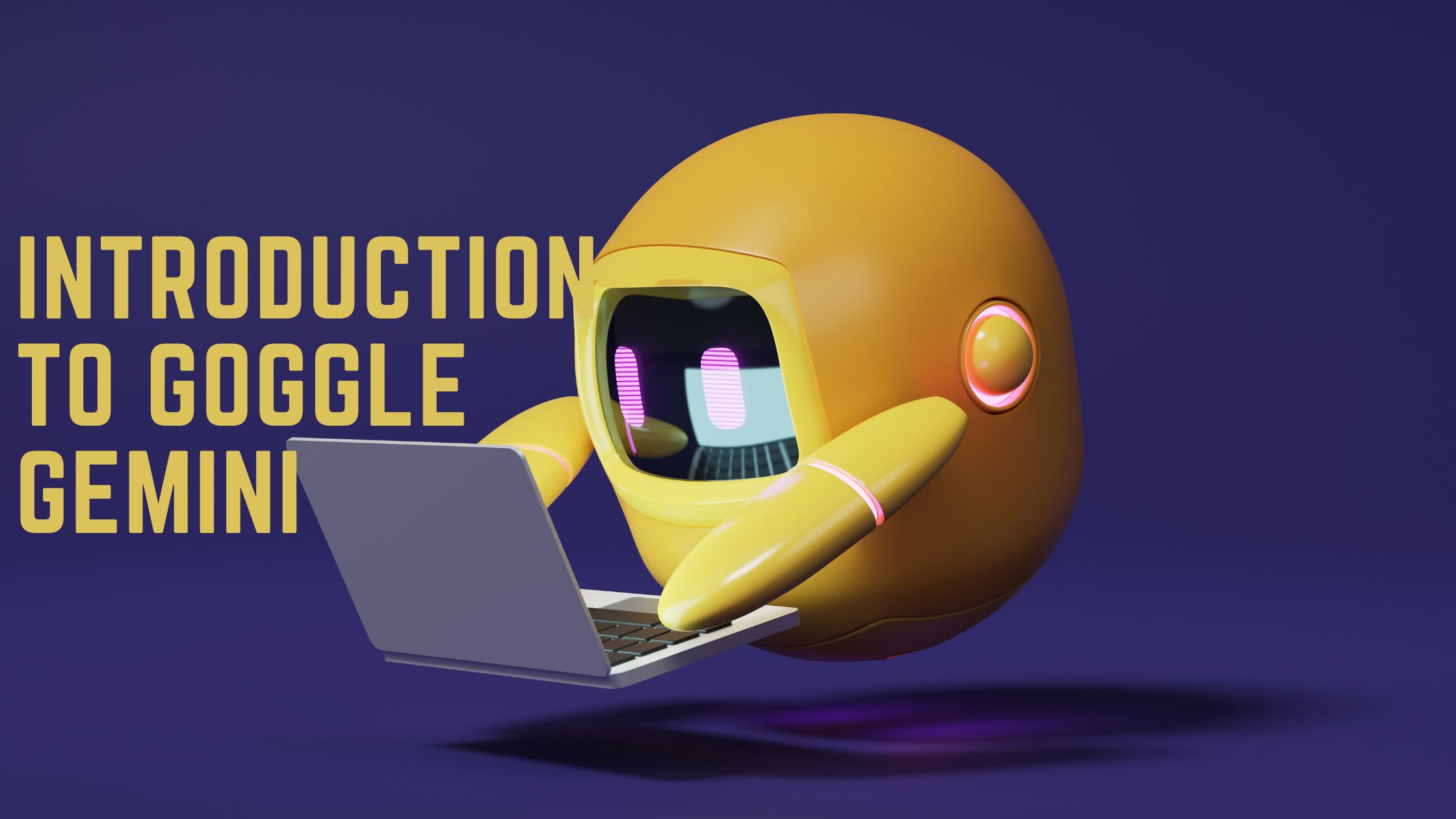In the ever-evolving landscape of artificial intelligence (AI) and conversational interfaces, Google has once again stepped up to the plate with its latest innovation: Gemini. Google Gemini is an advanced AI chatbot designed to revolutionize the way we interact with technology and access information. In this blog post, we’ll delve into what Google Gemini is all about, explore its advantages, and weigh its potential disadvantages.
Google’s Bard Takes Flight as Gemini: More Than Just a Name Change

Hold onto your headsets, AI enthusiasts, because Google’s Bard has undergone a metamorphosis! As of yesterday, the conversational AI platform we knew and interacted with has shed its former skin and emerged as Gemini.
But this isn’t just a cosmetic update. The rebranding signifies a deeper shift in Google’s AI strategy, one that promises wider accessibility, enhanced capabilities, and even a touch of exclusivity. So, let’s unpack the reasons behind this name change and explore what it means for the future of AI interaction.
From Bard to Gemini: A Name With Meaning
While “Bard” evoked a sense of storytelling and creative expression, “Gemini” reflects the platform’s underlying technology. Google’s Gemini family of AI models powers various services, analyzing text, images, and videos to generate personalized recommendations and enhance user experiences. This name change emphasizes the unification of these models under one banner, showcasing the breadth and depth of Google’s AI prowess.
Accessibility Expanded: From Desktop to Your Pocket
Previously, Bard was primarily accessible through a web interface. Now, with Gemini, Google is democratizing AI access by launching a dedicated mobile app on Android. This means you can have Gemini’s conversational AI capabilities at your fingertips, ready to answer your questions, generate creative text formats, and translate languages on the go.
A Taste of the Future: Introducing Gemini Advanced
For the power users and AI aficionados, Google has unveiled Gemini Advanced, a subscription-based tier powered by the cutting-edge Ultra 1.0 model. This unlocks exclusive features like more comprehensive information retrieval, advanced text generation capabilities, and priority access to new features. It’s essentially a VIP pass to the future of AI, offering a glimpse of what’s to come.
More Than Just a Name Change: A Strategic Shift
The transition from Bard to Gemini marks a strategic shift for Google. It signifies a renewed focus on *making AI accessible to everyone, while also catering to the growing demand for *advanced AI capabilities. By offering both free and paid tiers, Google is creating a sustainable model for AI development, ensuring continuous innovation and improvement.
What Does This Mean for You?
If you’re a casual user who enjoyed interacting with Bard, fret not! The core functionalities remain largely unchanged. You can still access the free version of Gemini and enjoy its basic features. However, if you’re looking to push the boundaries of AI interaction and explore its full potential, Gemini Advanced might be worth considering.
Ultimately, the transformation from Bard to Gemini is an exciting evolution in Google’s AI journey. It’s a testament to their commitment to making AI accessible and powerful, paving the way for a future where AI seamlessly integrates into our daily lives. So, get ready to embrace the Gemini era, where AI is no longer just a novelty, but a versatile tool waiting to be explored.
Gemini v/s Gemini Ultra:
The world of large language models (LLMs) just got a whole lot more confusing, thanks to Google’s recent launch of Gemini Ultra. While Gemini, the free-to-use chatbot we’ve all been tinkering with, is still going strong, its big brother promises a leap forward in power and complexity. But the question for many is:
Is Gemini Ultra worth the upgrade?
Let’s break it down. Gemini shines in its user-friendliness, tackling everyday tasks and engaging in casual conversation. Think writing emails, summarizing articles, or brainstorming fun weekend plans. But for heavier lifting, like complex code analysis or intricate scientific problems, it might start to stumble.
Enter Gemini Ultra, the musclebound athlete of the family. Packing significantly more processing power, it dives headfirst into these challenging domains. Need to translate an ancient text or design a new drug molecule? Gemini Ultra might just be your champion. However, with great power comes great responsibility…and cost. Unlike its free sibling, Gemini Ultra lives behind a paywall, accessible only through a premium Google One subscription.
So, who wins this sibling showdown? For casual users and budget-conscious minds, Gemini remains a solid choice. But for professionals pushing the boundaries of language and AI, Gemini Ultra’s power might be worth the price tag. Ultimately, the victor depends on your specific needs and the depth of your pockets. One thing’s for sure: with this high-tech family feud, the future of LLMs is looking more exciting than ever!

Beginners guide of Gemini:
Remember the days when AI was just a sci-fi fantasy? Well, buckle up, because the future is here, and it’s powered by marvels like Google’s Gemini AI. This multi-modal AI isn’t just another chatbot; it’s a game-changer, capable of understanding and responding to text, images, code, and even audio. But where do you even begin with this powerhouse of technology? Fear not, intrepid tech explorer, for this blog is your one-stop shop to unraveling the mysteries of Gemini!
First things first, what is Gemini?
Imagine an AI that can seamlessly switch between understanding your written questions, analyzing an image you show it, or even deciphering lines of code. That’s Gemini in a nutshell. It’s a multi-talented AI with three versions, each catering to different needs:
- Nano: The pint-sized powerhouse, perfect for integrating basic AI functionalities into your apps.
- Pro: The mid-range maestro, ideal for developers and businesses seeking more advanced AI capabilities.
- Ultra: The kingpin of the bunch, boasting cutting-edge AI for complex tasks, but currently under wraps.
So, how do you get started with Gemini?
There are two main ways to interact with Gemini:
- API: For developers and tech-savvy users, the API allows you to directly integrate Gemini’s power into your applications. Think building chatbots, image analysis tools, or even AI-powered games!
- AI Studio: For those who prefer a more user-friendly approach, AI Studio offers a drag-and-drop interface to experiment with Gemini’s capabilities without coding. Create simple text-based interactions, explore image generation, or even dabble in code analysis.
Ready to dive deeper? Here are some exciting things you can do with Gemini:
- Generate creative text formats: Need a poem, a script, or even a catchy tagline? Gemini can whip them up in a flash, based on your prompts and preferences.
- Analyze and understand images: Show Gemini a picture, and it can tell you what’s happening, identify objects, or even generate captions.
- Write different kinds of creative content: Stuck on a blog post or struggling with a marketing copy? Gemini can help you brainstorm ideas, write different sections, and even suggest relevant keywords.
- Translate languages: Need to break down language barriers? Gemini can translate text, speech, and even images with impressive accuracy.
What is Google Gemini?
Google Gemini is an AI-powered chatbot developed by Google that leverages natural language processing (NLP) and machine learning (ML) algorithms to engage in conversational interactions with users. Unlike traditional chatbots that follow predefined scripts and responses, Gemini is designed to understand context, infer meaning, and provide personalized assistance in real-time.
Advantages :
- Natural Conversations: One of the key advantages of Google Gemini is its ability to engage in natural conversations with users. By understanding context, tone, and intent, Gemini can provide more human-like interactions, making it easier and more enjoyable for users to communicate with the bot.
- Personalized Assistance: Gemini’s advanced AI algorithms enable it to learn from user interactions and tailor responses to individual preferences and needs. Whether it’s providing personalized recommendations, answering queries, or assisting with tasks, Gemini can adapt its responses to provide the most relevant and helpful information.
- 24/7 Availability: As a chatbot, Gemini is available 24/7, providing round-the-clock assistance to users whenever they need it. This ensures that users can access information and support at any time, without having to wait for human assistance.
- Scalability: Unlike human agents, Gemini can handle multiple conversations simultaneously, making it highly scalable for businesses and organizations with large customer bases. This scalability allows companies to efficiently manage customer inquiries and support requests without overwhelming their human resources.
- Integration with Google Services: Gemini seamlessly integrates with various Google services and platforms, including Google Search, Google Maps, and Google Assistant. This integration allows users to access a wide range of information and services directly through the chatbot, streamlining the user experience and increasing efficiency.
Disadvantages :
- Limited Understanding: While Google Gemini is capable of understanding natural language and context to some extent, it may still struggle with more complex queries or ambiguous language. This can lead to misunderstandings and inaccuracies in responses, frustrating users and potentially undermining trust in the chatbot.
- Privacy Concerns: As with any AI-powered technology, there are concerns about privacy and data security when using Google Gemini. Since the chatbot processes user interactions and queries, there is the potential for sensitive information to be inadvertently shared or misused. Ensuring robust privacy measures and data protection protocols is essential to mitigate these risks.
- Dependency on Internet Connectivity: Google Gemini relies on an internet connection to function, which means users may experience limitations or disruptions in service if they are in areas with poor connectivity or no internet access. This dependency on connectivity can be a significant drawback for users in remote or rural areas with limited infrastructure.
- Lack of Emotional Intelligence: While Gemini can simulate natural conversations to some extent, it lacks true emotional intelligence and empathy. This means that it may struggle to understand or respond appropriately to users’ emotional states or nuanced nuances, potentially leading to misinterpretations or insensitive interactions.
- Potential for Overreliance: There is a risk that users may become overly reliant on Google Gemini for information and assistance, neglecting other sources of information or human interaction. This overreliance can lead to a loss of critical thinking skills and independence, as well as a diminished reliance on human expertise and judgment.
Does the Gemini fit for mobile?
Yes, Google Gemini is designed to be compatible with mobile devices. As a chatbot, Gemini can be accessed through various channels, including mobile messaging apps, mobile web browsers, and even voice assistants on smartphones. This ensures that users can interact with Gemini seamlessly on their mobile devices, allowing for convenient access to information and assistance wherever they are. Additionally, Gemini’s mobile compatibility enhances its usability and accessibility, catering to the increasingly mobile-centric lifestyles of users around the world. Whether it’s answering queries, providing recommendations, or assisting with tasks, Gemini is well-suited for use on mobile devices, making it a versatile and valuable tool for users on the go

CONCLUSION:
In conclusion, Google Gemini represents a significant advancement in AI-powered chatbots, offering natural language understanding, personalized assistance, and round-the-clock availability. However, it also comes with potential drawbacks such as limited understanding, privacy concerns, dependency on internet connectivity, lack of emotional intelligence, and the risk of overreliance. By carefully considering these advantages and disadvantages, businesses and users can make informed decisions about whether Google Gemini is the right solution for their needs. As technology continues to evolve, it will be fascinating to see how AI chatbots like Gemini continue to shape the way we interact with technology and each other.









